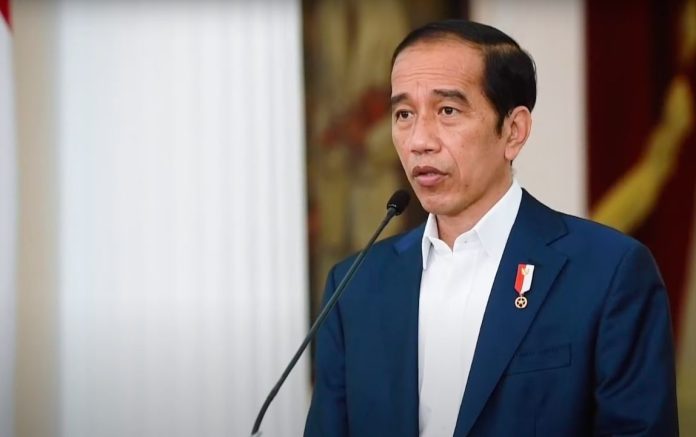Indonesian President Joko Widodo expressed his regrets on Wednesday for the serious human rights violations committed in his country, especially for the massacres against communist militants in the 1960s and the kidnapping of students in the late 1990s, AFP and Reuters report, Agerpres reads.
Half a million communists and sympathizers were killed in 1965 and 1966 in massacres orchestrated with the rise to power of dictator Suharto, a staunch opponent of communism. The massacres led to the disappearance of the Indonesian Communist Party, banned today, but which was then one of the most important in the world, after those in China and the Soviet Union.
„With a clear mind and a sincere heart, as the leader of this country, I admit that serious violations of human rights have been committed on several occasions and I deeply regret it,” said Widodo in a speech from the presidential palace in Jakarta.
He expressed his ”compassion” and ”empathy for the victims and their families” and stated that the government is striving to ‘provide reparations’ to the victims ”fairly and equitably”, ”without prejudicing efforts towards a judicial resolution”.
The president also recalled the assassination and kidnapping of dozens of students and activists in 1997-1998 to the mass demonstrations that ousted Suharto after three decades. Joko Widodo detailed a list of ten other episodes of gross human rights violations between the 1960s and 2000s, before his tenure, identified by a commission of inquiry he created last year.
The president also acknowledged human rights violations in Papua, the Indonesian province where an independence rebellion is active. He cited in particular a 2003 police and army operation in Wamena, which left dozens of civilians dead and in which members of the security forces were accused of murder, torture and kidnapping.
However, human rights defense organizations appreciated that the regrets expressed by the president, like other leaders before him, do not go far enough.
”This recognition is not enough. There should have been not only regrets, but also apologies”, the director of Amnesty International in Indonesia, Usman Hamid, told AFP, who believes that human rights violations should be tried by the courts.




